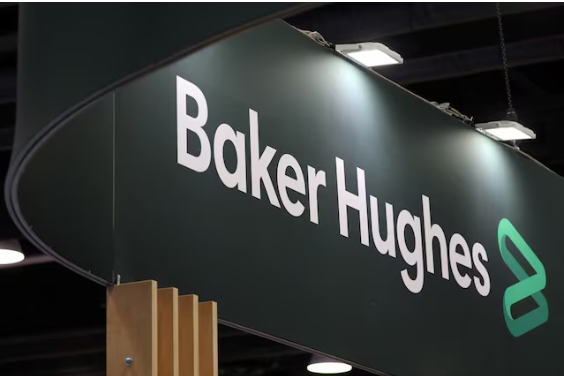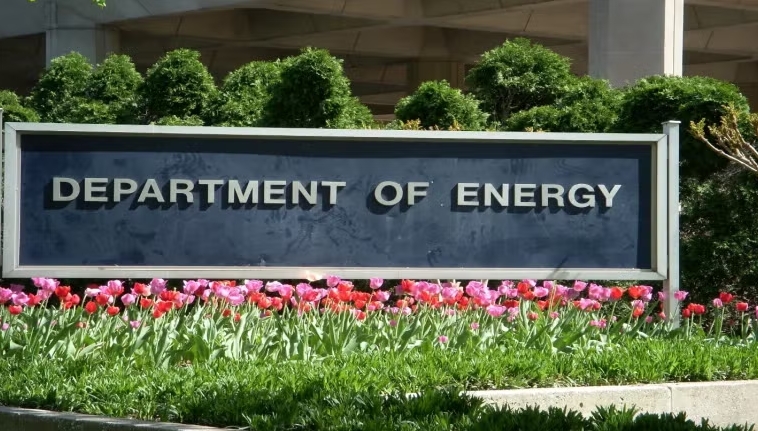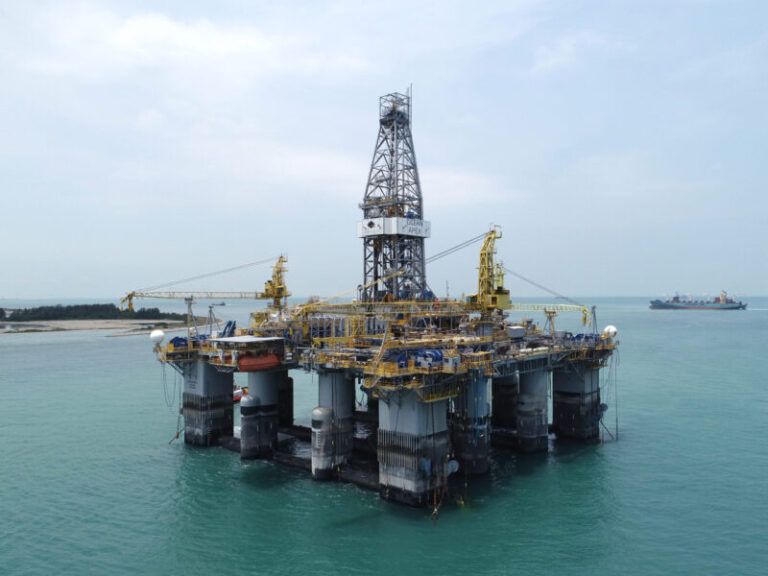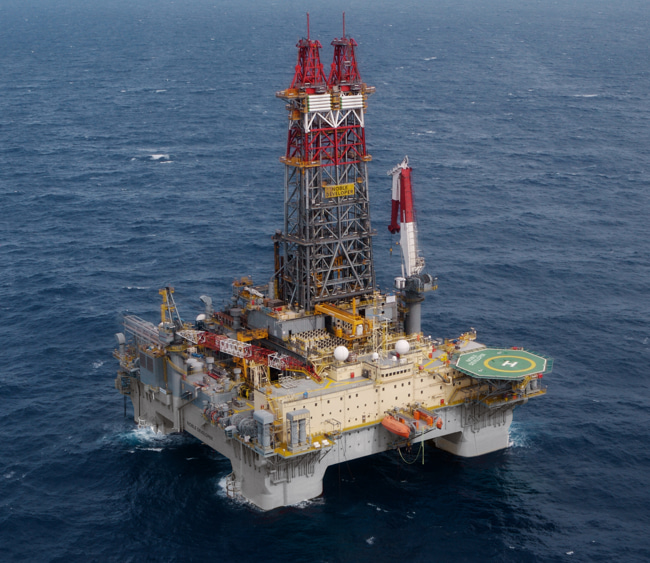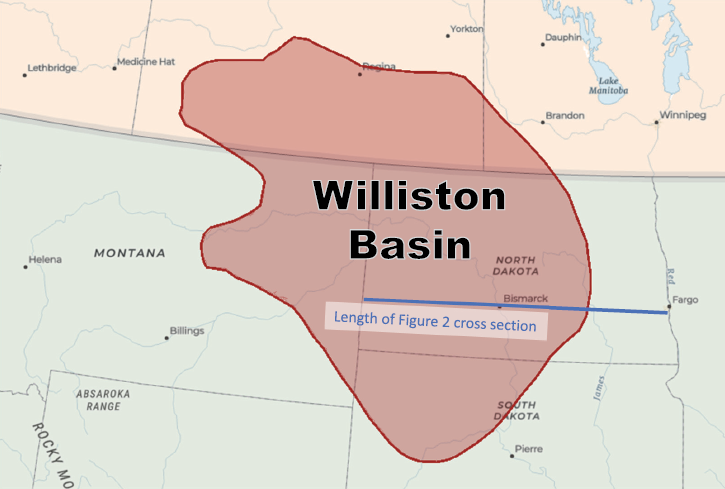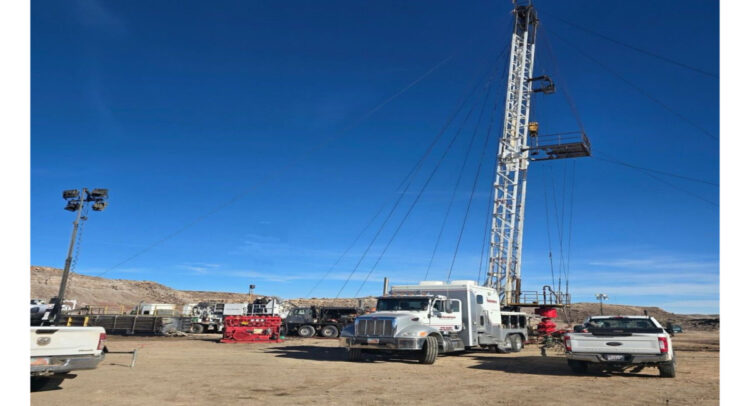Toyota Doubles Down on Hydrogen with 2nd-gen Mirai’s 2020 Release
30 Sep 2019 by Simon Alvarez
Toyota Chairman Takeshi Uchiyamada recently confirmed that the Japanese automaker is preparing to launch the second-generation of its hydrogen fuel-cell car, the Mirai, next year. The executive shared an update on the upcoming vehicle while speaking at an international ministerial meeting on hydrogen energy in Tokyo, Japan.
The Japanese carmaker has not revealed any teasers for the upcoming vehicle yet, though concerns from the auto community have emerged about the design of the upcoming zero-emissions car. The original Mirai was already polarizing due to its rather over-styled appearance, and this might only get even more pronounced in the 2020 vehicle, considering Toyota’s recent tendency to adopt more radical designs for its vehicles.
In a previous statement at the Automotive News Europe Congress earlier this year in Gothenburg, Sweden, Toyota European head of sales and marketing Matt Harrison noted that the company expects the price of hydrogen vehicles to match hybrids within 10 years, and price parity to be reached once the third generation of H2 fuel cell vehicles are released.
“By the third generation, we fully expect fuel cell costs to be comparable with hybrids. We believe fuel cell vehicles have a huge potential,” he said.
The Mirai was launched in late 2014 as part of Toyota’s development of zero-emissions vehicles. Marketed as the company’s first mass-market hydrogen fuel-cell car, the Mirai was generally expected to do for hydrogen fuel-cell cars what the ubiquitous Prius did for hybrid vehicles.
It failed in this regard. Due in no small part to the lack of hydrogen fuel stations across the globe, the adoption of hydrogen fuel cell vehicles has been incredibly slow. In California, for example, there are 33 hydrogen stations, far less than the number of electric vehicle charging stalls in the state. And with the emergence of bang-for-your-buck all-electric vehicles like the Tesla Model 3 Standard Range Plus, vehicles like the Mirai run the risk of being unnecessary.
This lack of charging stations is a notable Achilles Heel for hydrogen cars, considering that their one advantage over pure EVs is supposed to be their longer range. Such advantages are a moot point if there are not enough places to refuel the vehicle. Add the fact that the Mirai starts at around $58,500 in the United States and it becomes very difficult to justify its purchase over the sub-$40,000 Tesla Model 3 Standard Range Plus, which is supported by the Supercharger Network, and has features like basic Autopilot as standard.
Overall, Toyota’s next-generation Mirai could very well follow the footsteps of its predecessor, perhaps because it is yet another vehicle that promises change down the road. Such is an idea that is not as attractive as it was years ago, as all-electric cars such as the Tesla Model 3 and the Porsche Taycan are already initiating change in the mindset of car buyers today.

